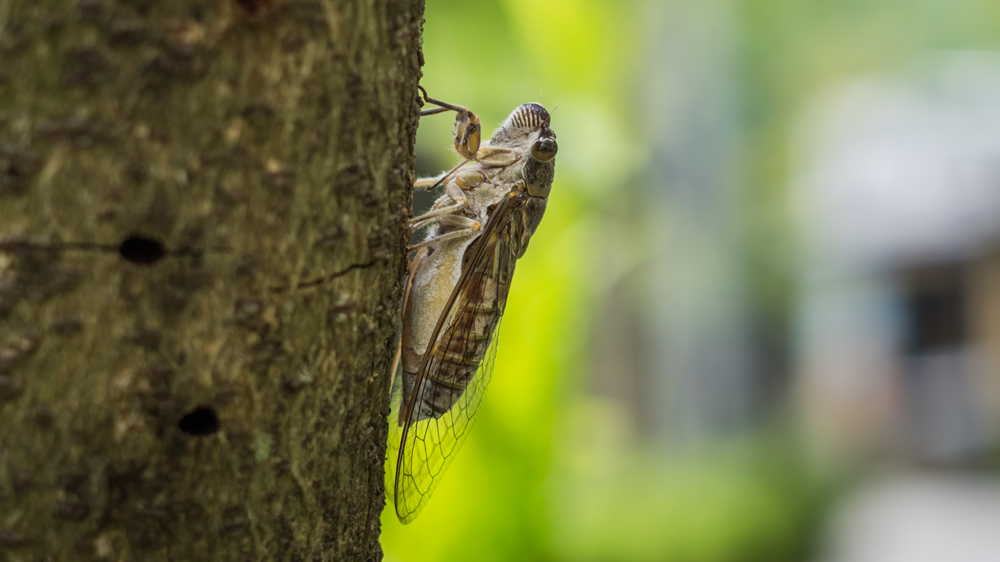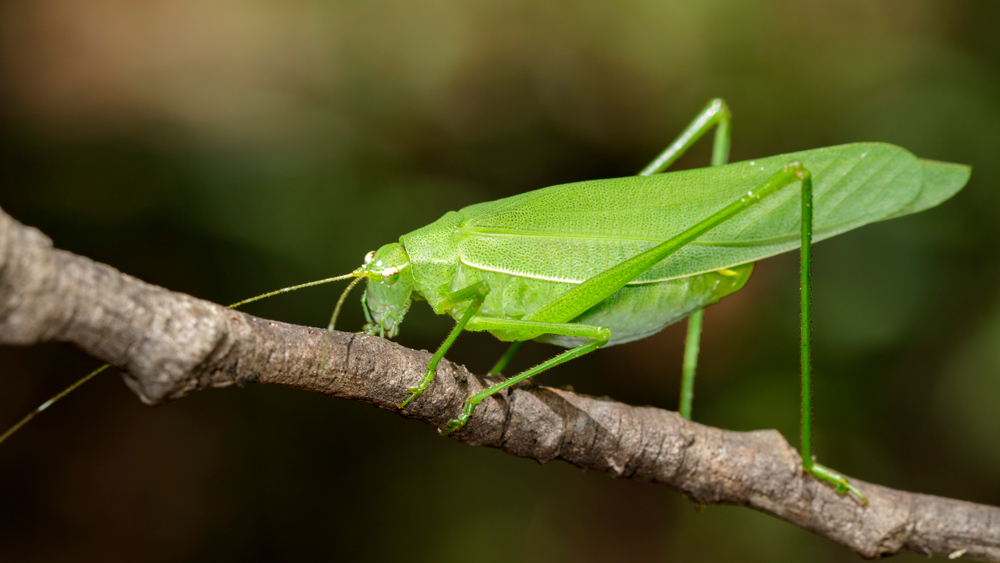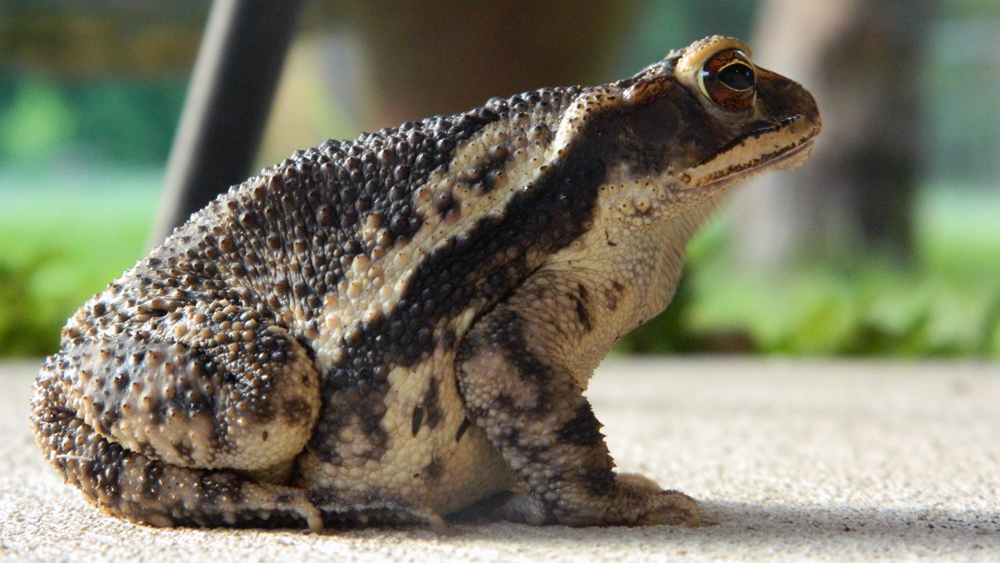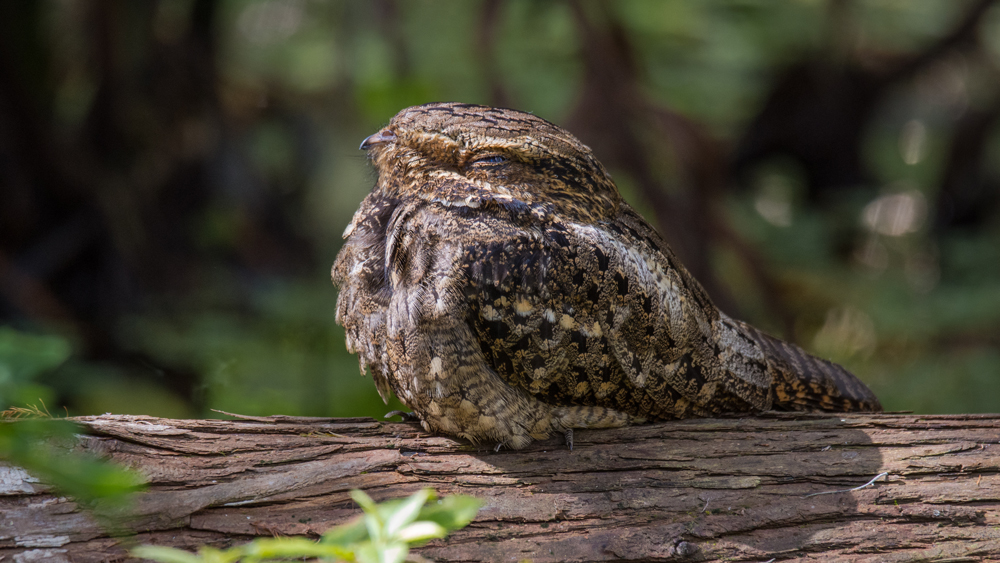Human concerts may be on pause, but nature’s music never stops. Discover a whole new world of performers in your own backyard — no physical distancing required.
If you think this summer will be void of musical performances or concerts, think again. The songs of the summer are happening all around you — right in your backyard! Nature’s orchestra is in full performance mode as we blaze into summer. Just take a moment to listen to the curious chorus of critters.
The rhythmic buzz of the cicadas (chicharras) are unavoidable anytime you’re outdoors during the day. The male cicadas produce sound by vibrating special membrane-like structures called tymbals on their abdomen.

This is different from the concert starring the male field crickets and grasshoppers, who make sounds by rubbing their wings and legs together. Called stridulation, the song of the field cricket builds speed according to the temperature — the hotter the weather, the faster the chirps. (Fun fact: there’s even a formula that calculates the temperature based on counting the chirps per fifteen seconds). This performer is not just singing to romance a lady cricket. He also chirps to sound a danger signal when there is trouble nearby and to show his aggression towards another nearby male cricket.
If you are hearing the concert in the evening, it’s most likely the male katydids calling back and forth from the trees, hoping to entice a female. Katydids also use stridulation to craft their summer concerts. Males begin a slow synchronized call and respond, breaking into two groups, alternating their song in a pulsating, two-part chorus. The true katydids produce the namesake “katy katy-did” song in loud, harsh pulses.

The songs of summer are not just for insects. Following a healthy dose of rain, the tiny northern cricket frogs can be heard celebrating in boggy corners of a nearby pond or creek, like buskers under the streetlight. Their calling song is likened to the clicking of the balls of a pendulum, starting slow and climaxing at about three or four per second.
Like their diminutive cousins, male tree frogs gather in trees and bushes near a creek, pond or ditch and commence calling. The male aggressively defends its territory from intruders.
If you hear the sound of what seems like a large snoring human, it’s most likely the Gulf Coast toad. These guys are often found near creeks, in storm sewers and even your water meter box!

The most wonderful song of summer nights is heard by those with a Chuck-will’s-widow singing nearby. This large, nocturnal bird arrives in our area in early April and stays until mid-September. If our summer is too hot and dry, he’ll pause singing his beautiful namesake song at sunset. But a moderate, moist summer will have him singing a soothing serenade each night for you.





